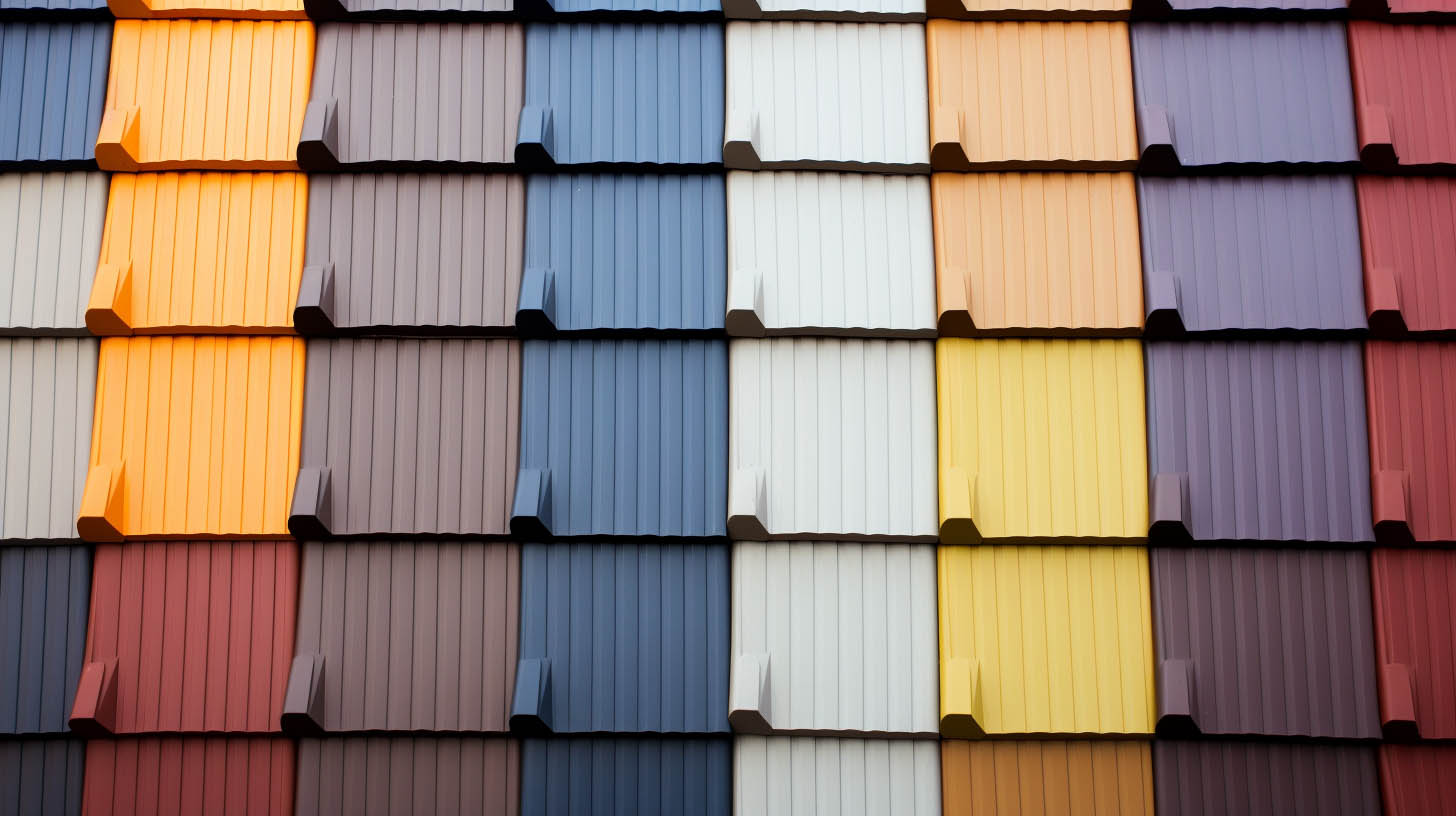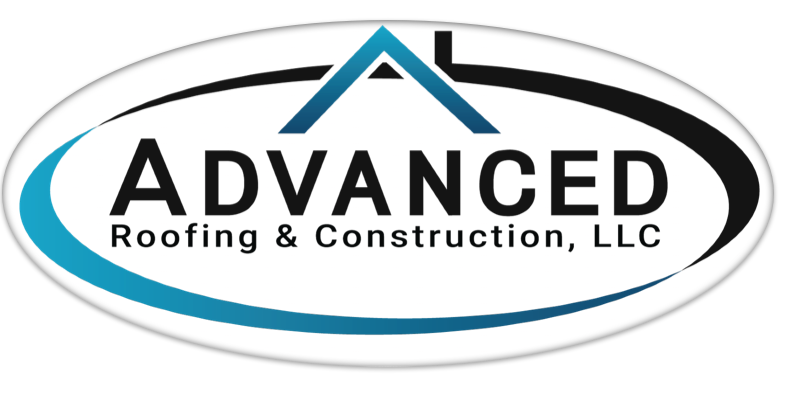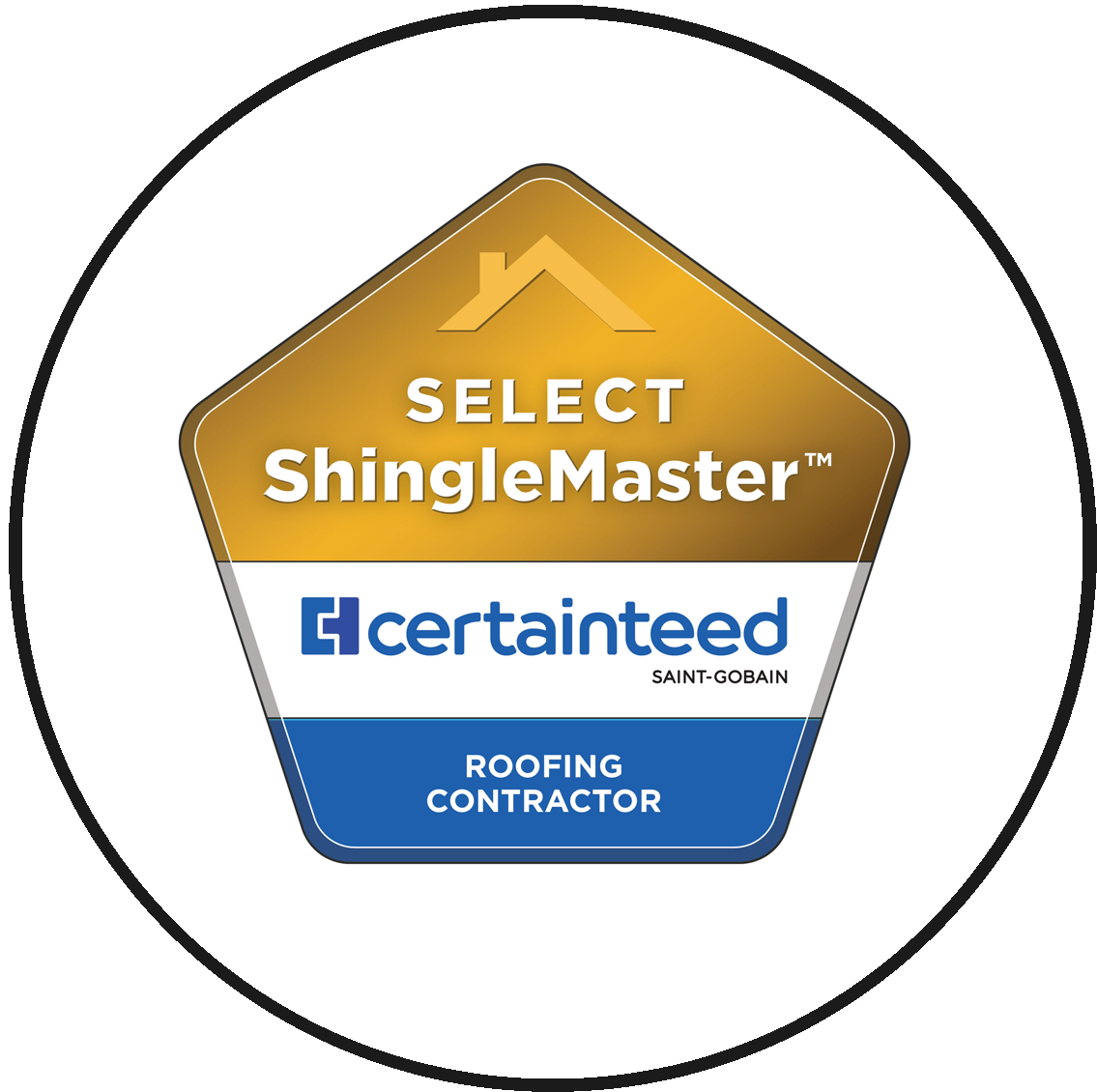
Introduction: The Importance of Energy-Efficient Roofing
In the quest for a more sustainable and cost-effective home, the significance of selecting the right roof cannot be overstated. A well-chosen roof not only enhances the aesthetic appeal of your property but also plays a pivotal role in its energy efficiency. This comprehensive guide delves into the most energy-efficient roof colors and materials, offering insights to homeowners and builders alike.
Light vs. Dark Roofs: A Color Comparison
Reflecting Solar Radiation
The color of your roof is a critical factor in its energy efficiency. Light-colored roofs, such as white, beige, light brown, light gray, and pastel shades, are superior in reflecting solar radiation. This reflection reduces heat absorption, maintaining a cooler home interior and lessening the burden on air conditioning systems.
Dark Roofs and Efficiency
While dark roofs have a natural elegance, they tend to absorb more heat. However, advancements in roofing technology have introduced methods to enhance their energy efficiency. Options like cool roof coatings and improved insulation can mitigate some of the heat absorption issues associated with darker hues.
Optimal Roofing Materials for Energy Conservation
Metal Roofing: A Top Contender
Metal roofs stand out for their durability and energy efficiency. Their reflective surface significantly reduces heat absorption, making them an excellent choice for energy-conscious homeowners. Despite a higher initial cost, metal roofs offer long-term savings through reduced energy bills and minimal maintenance needs.
Asphalt Shingles: Balancing Cost and Efficiency
Asphalt shingles are a popular choice due to their affordability and reasonable energy efficiency. When selected in lighter shades, they can offer a balance between cost-effectiveness and energy conservation.
Clay and Concrete Tiles: Longevity and Efficiency
Clay and concrete tiles are not only aesthetically pleasing but also highly efficient in energy conservation. Their ability to emit absorbed heat makes them an ideal choice for regions with high solar exposure.
Enhancing Roof Efficiency: Ventilation and Insulation
The Role of Attic Ventilation
Proper attic ventilation is crucial in maintaining an energy-efficient roof. It regulates temperature and moisture levels, preventing heat buildup and structural damage.
The Importance of Roof Insulation
Good insulation is essential for an energy-efficient home. It keeps indoor temperatures stable, reduces energy loss, and enhances overall comfort.
Location and Climate Considerations
The effectiveness of energy-efficient roofing varies with location and climate. In areas with extreme temperatures or high solar exposure, the choice of roofing material and color becomes even more critical.
Cost vs. Benefit Analysis
While energy-efficient roofs may have a higher upfront cost, they offer long-term savings through reduced energy bills and maintenance costs. The investment in a high-quality, energy-efficient roof is a wise decision for both environmental and financial reasons.
Conclusion: A Smart Investment for the Future
Investing in an energy-efficient roof is a forward-thinking decision that benefits both the homeowner and the environment. By choosing the right materials, colors, and incorporating proper insulation and ventilation, you can significantly reduce your energy consumption and costs. Advanced Roofing & Construction, LLC, specializing in roofing in Huntsville AL, is committed to providing top-notch roofing solutions that align with these energy-efficient principles.



